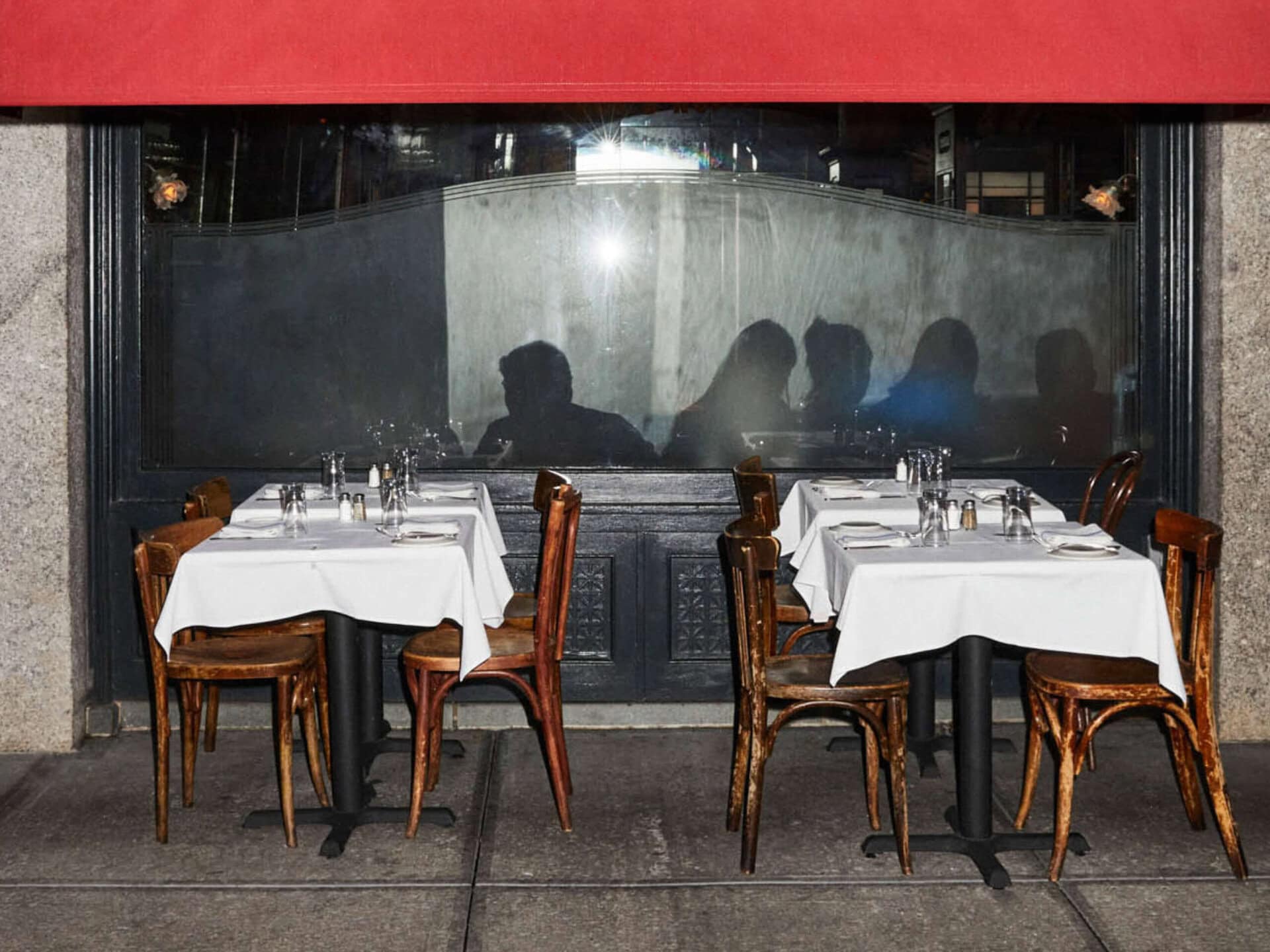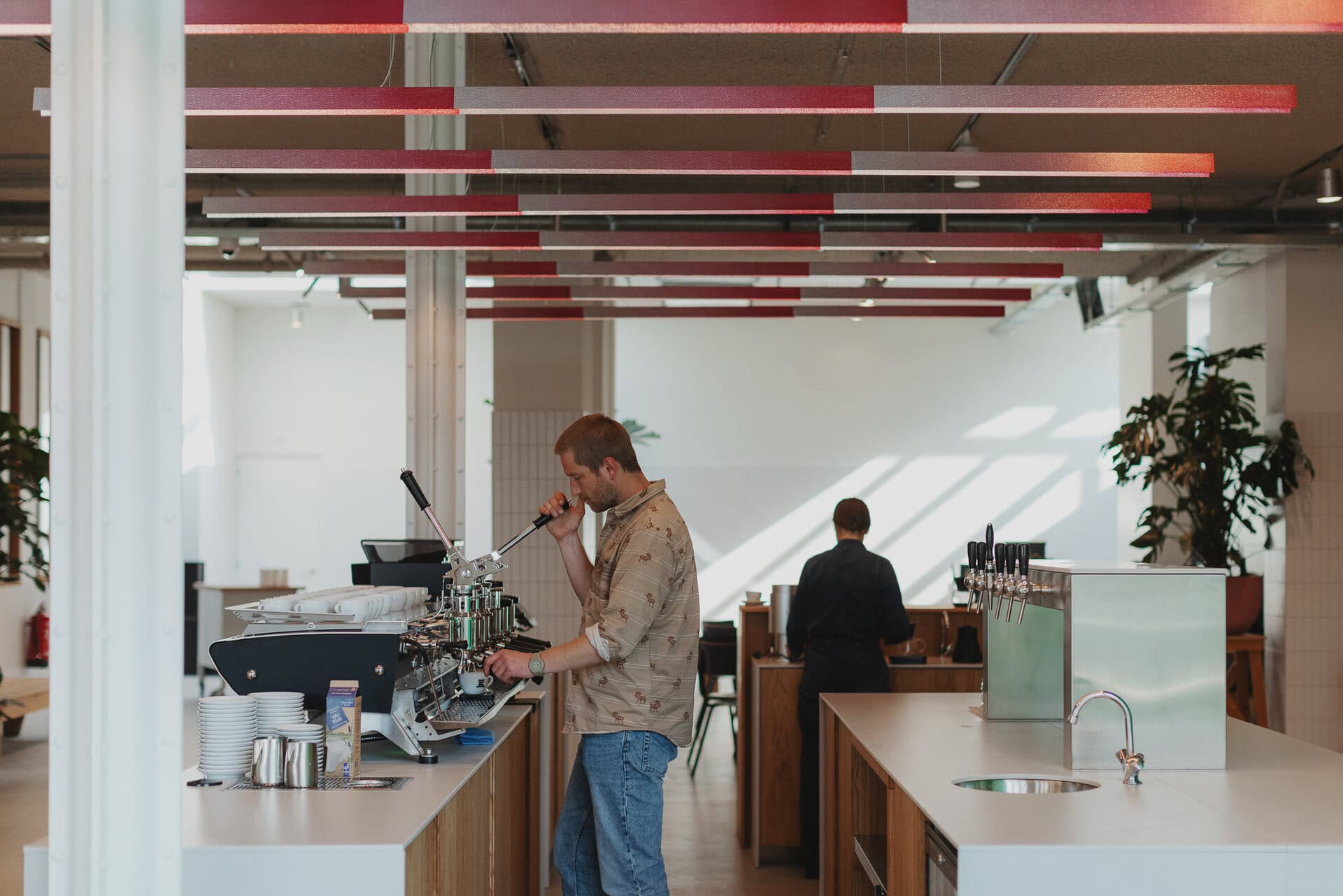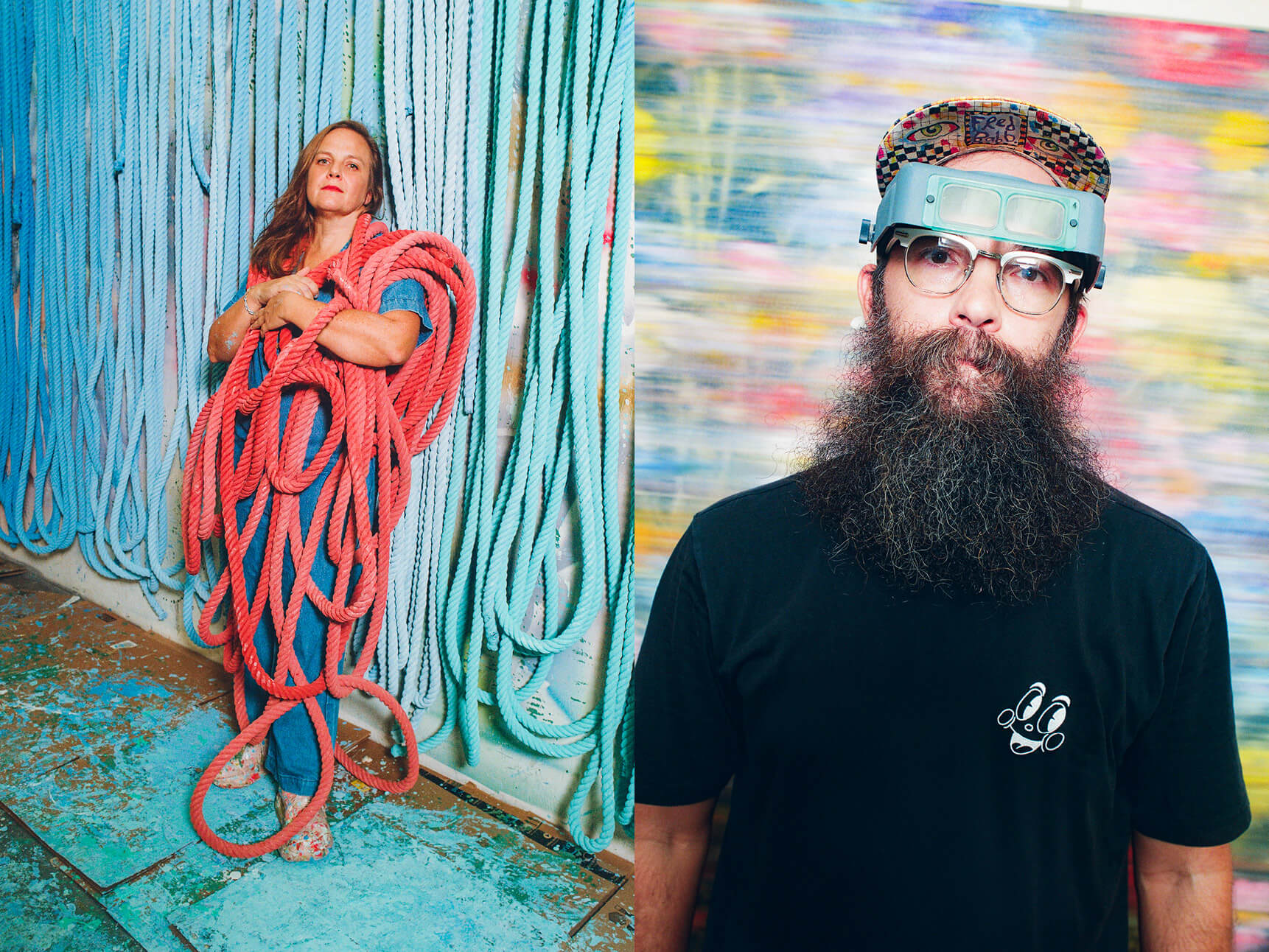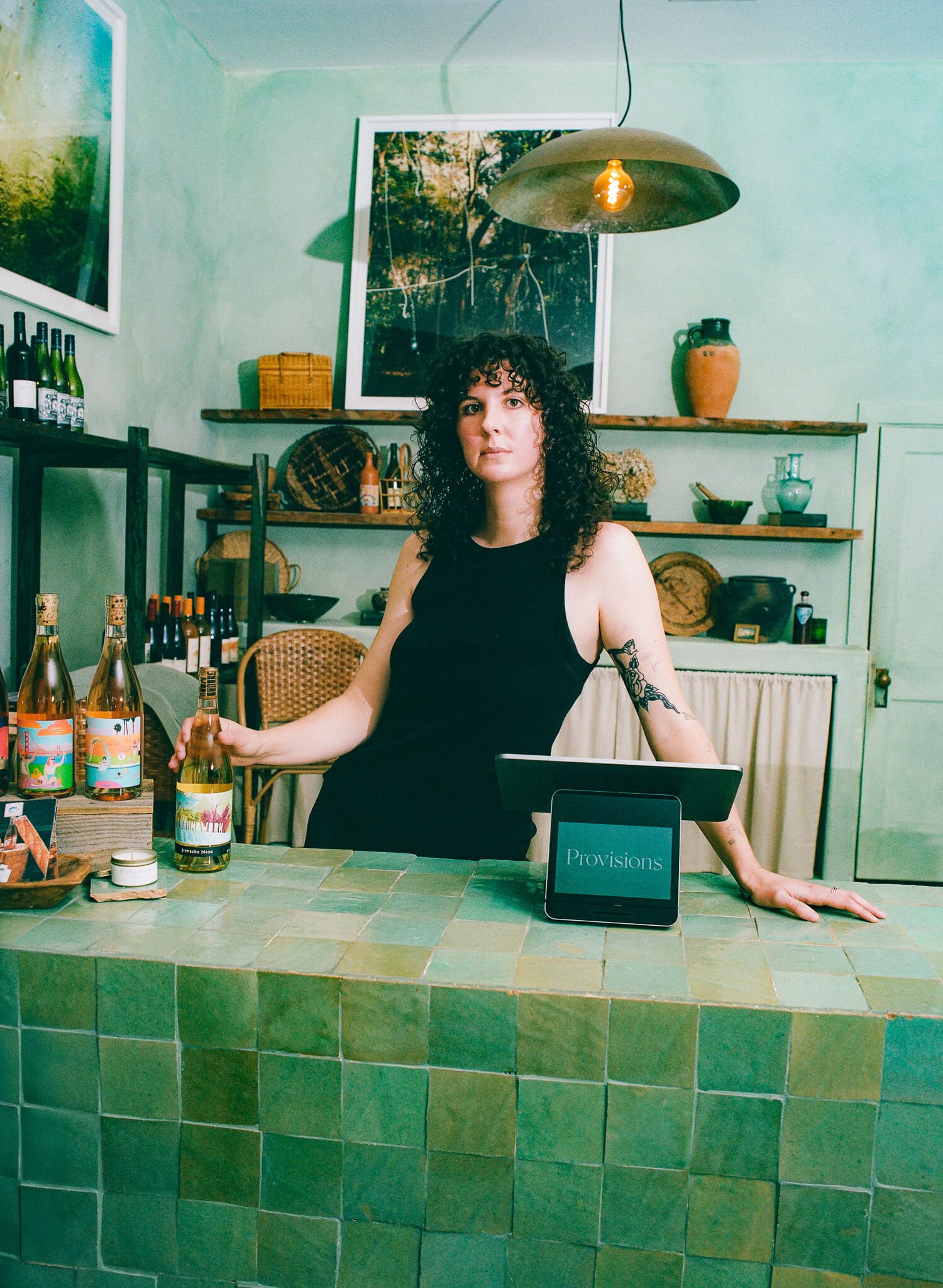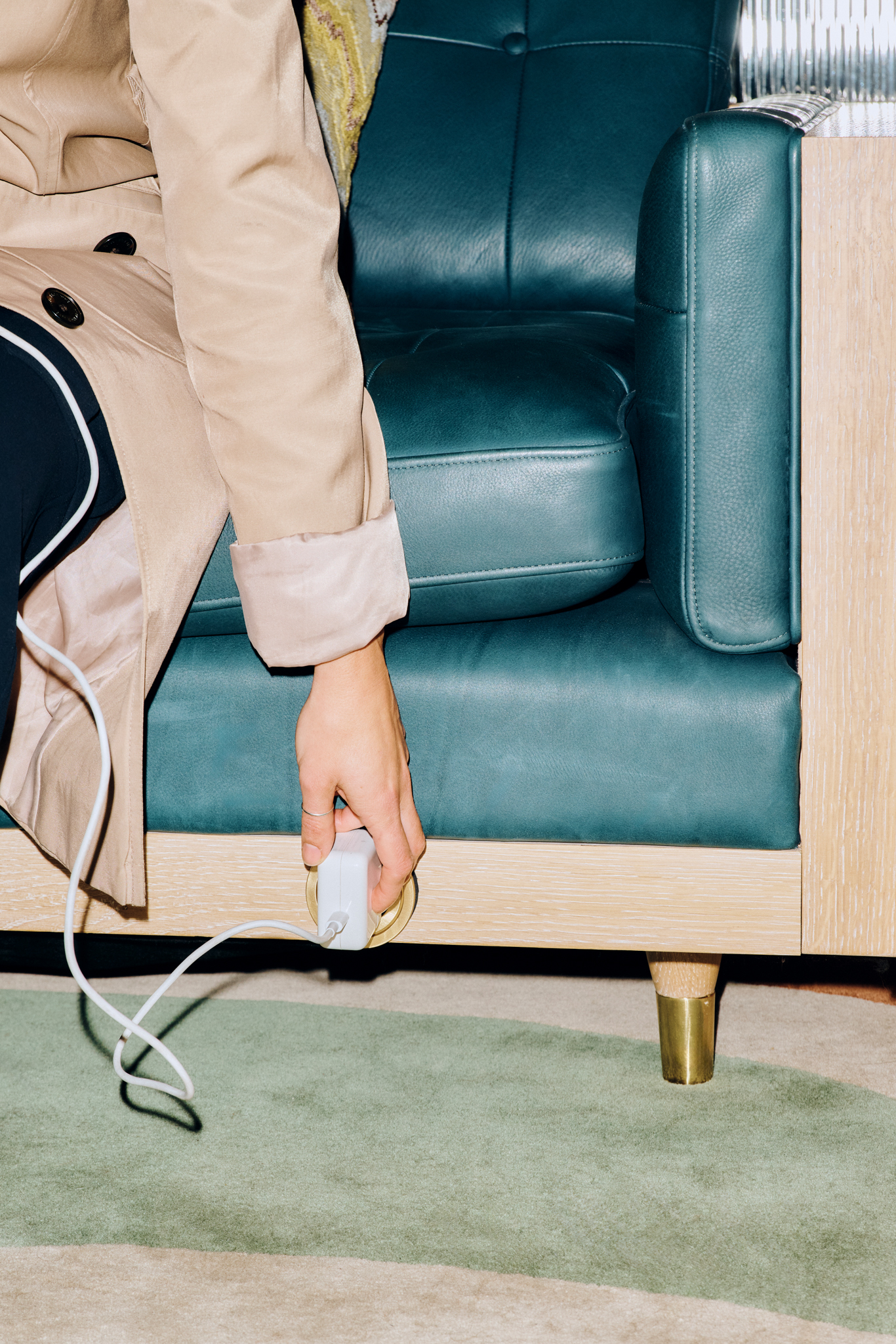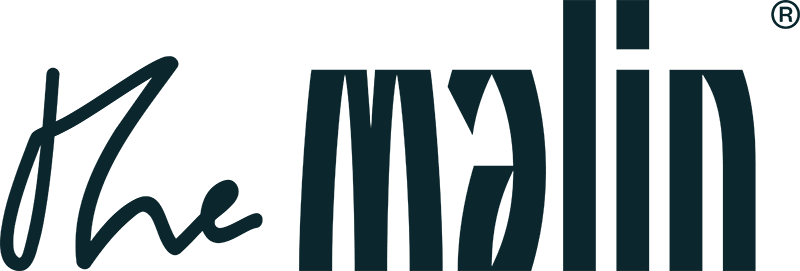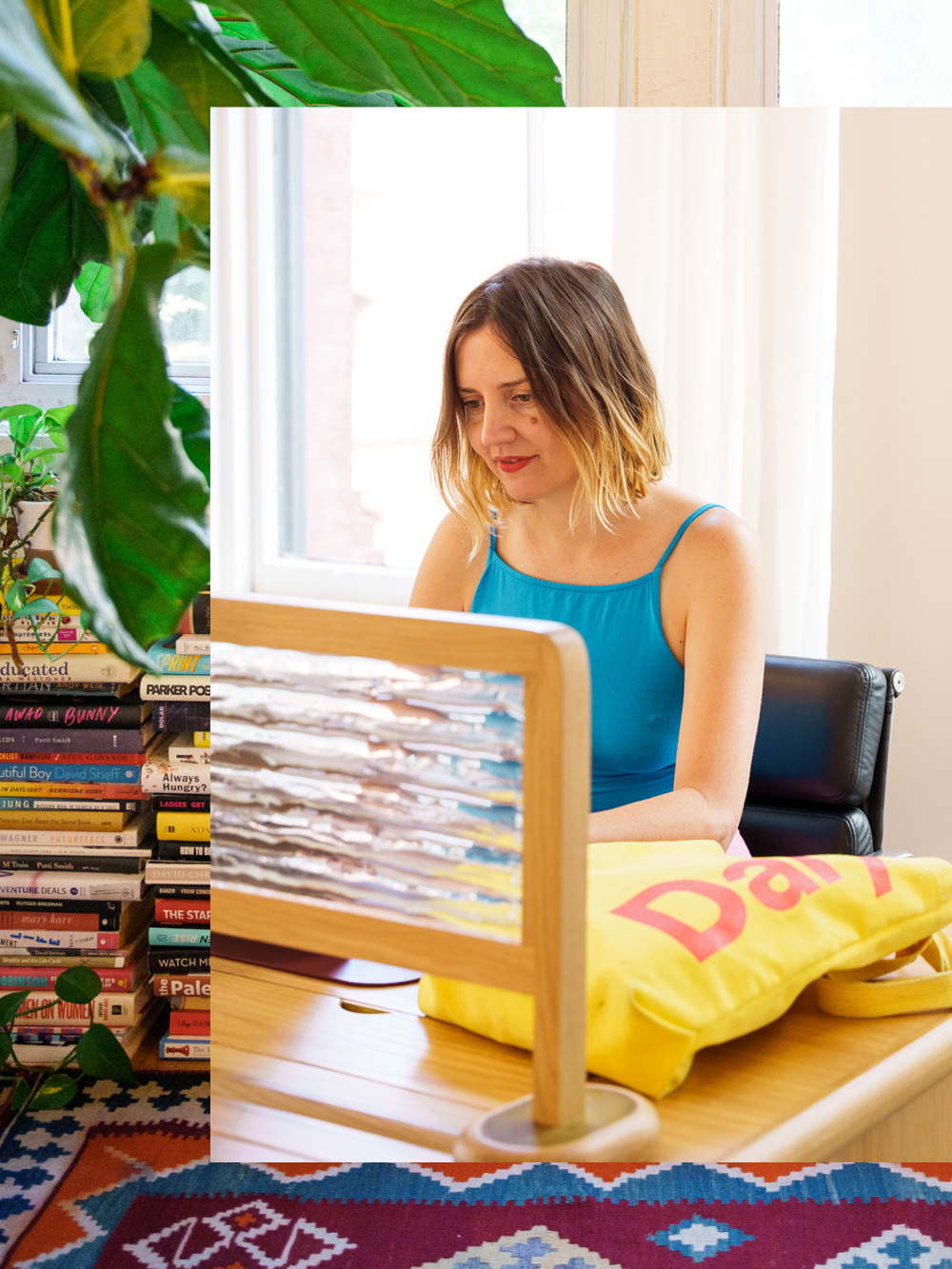
The founder of daly, a modern comms and marketing agency, talks with creative strategist Kelly Lack about finding her people, rethinking pr, and her key lesson to sustainable growth.
Back in the mid-2010s, when crowdfunding was new and novel—and before being flooded with corporations faking “grassroots” campaigns—Alex Daly forged a specialty as a guru in the Kickstarter space with people clamoring to get her on their projects.
Over the years, she raised more than $25 million for hundreds of projects, including the 2014 Joan Didion documentary We Tell Ourselves Stories In Order To Live, TLC’s final album, and singer-songwriter Neil Young’s early portable digital music device, PonoPlayer. It led to her internet fame and the catchy moniker ‘The Crowdsourceress.’
She was a reluctant PR maven, but her Kickstarter clients needed marketing support. So like everything else in her life, she did things her way and launched Daly, an innovative comms and marketing consultancy. Today, her boutique agency is growing, with clients across big and small brands. Her team is dedicated, supportive, and creative, and her visionary company culture (a 50-page bible she wrote back when she was the only employee) is much to thank.
“It felt excessive to do all the groundwork—like a 50-page employee handbook, OPS manual, training checklists—when I was just one person. But that's when you should really do it —when it's just you.”
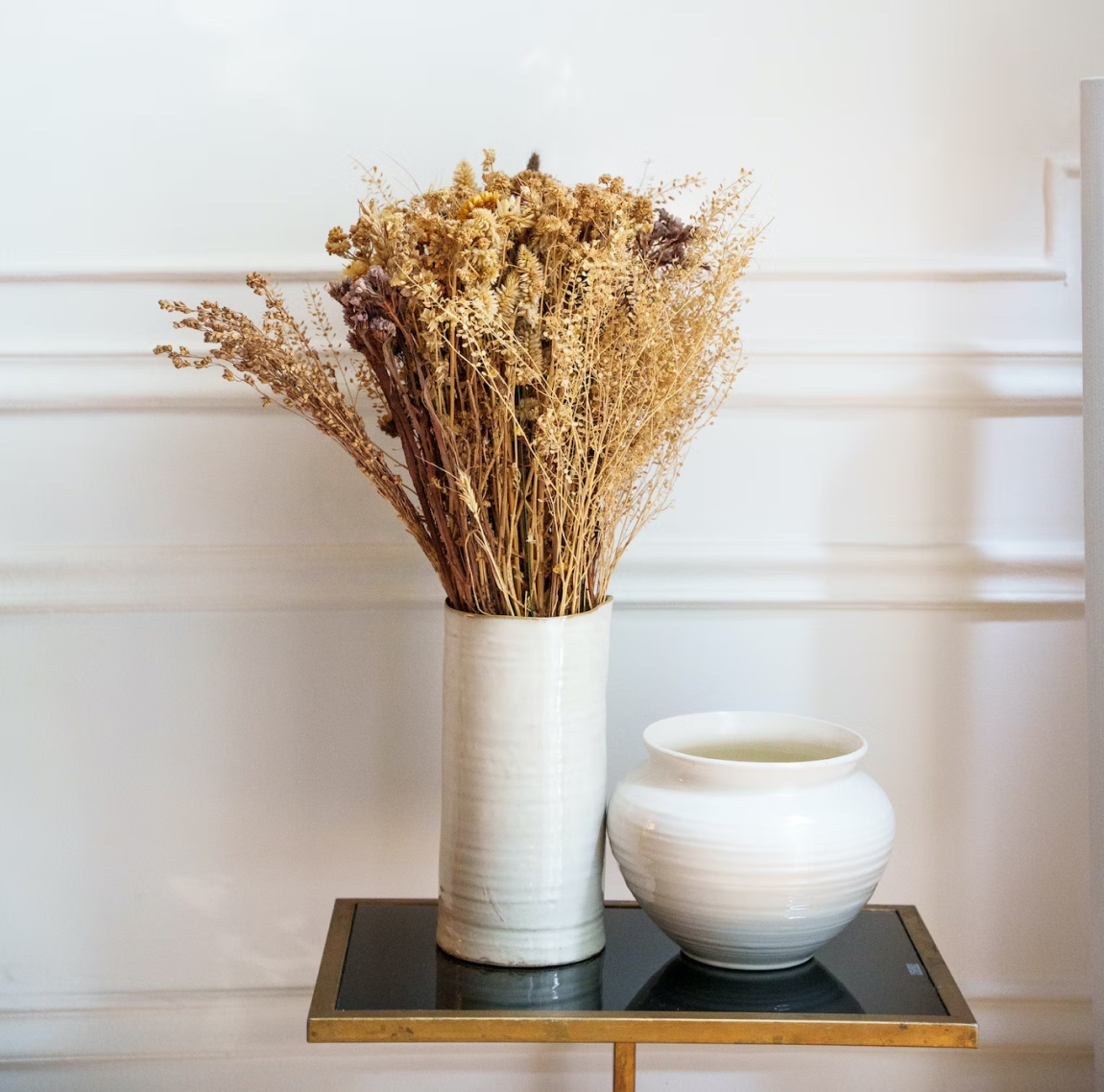
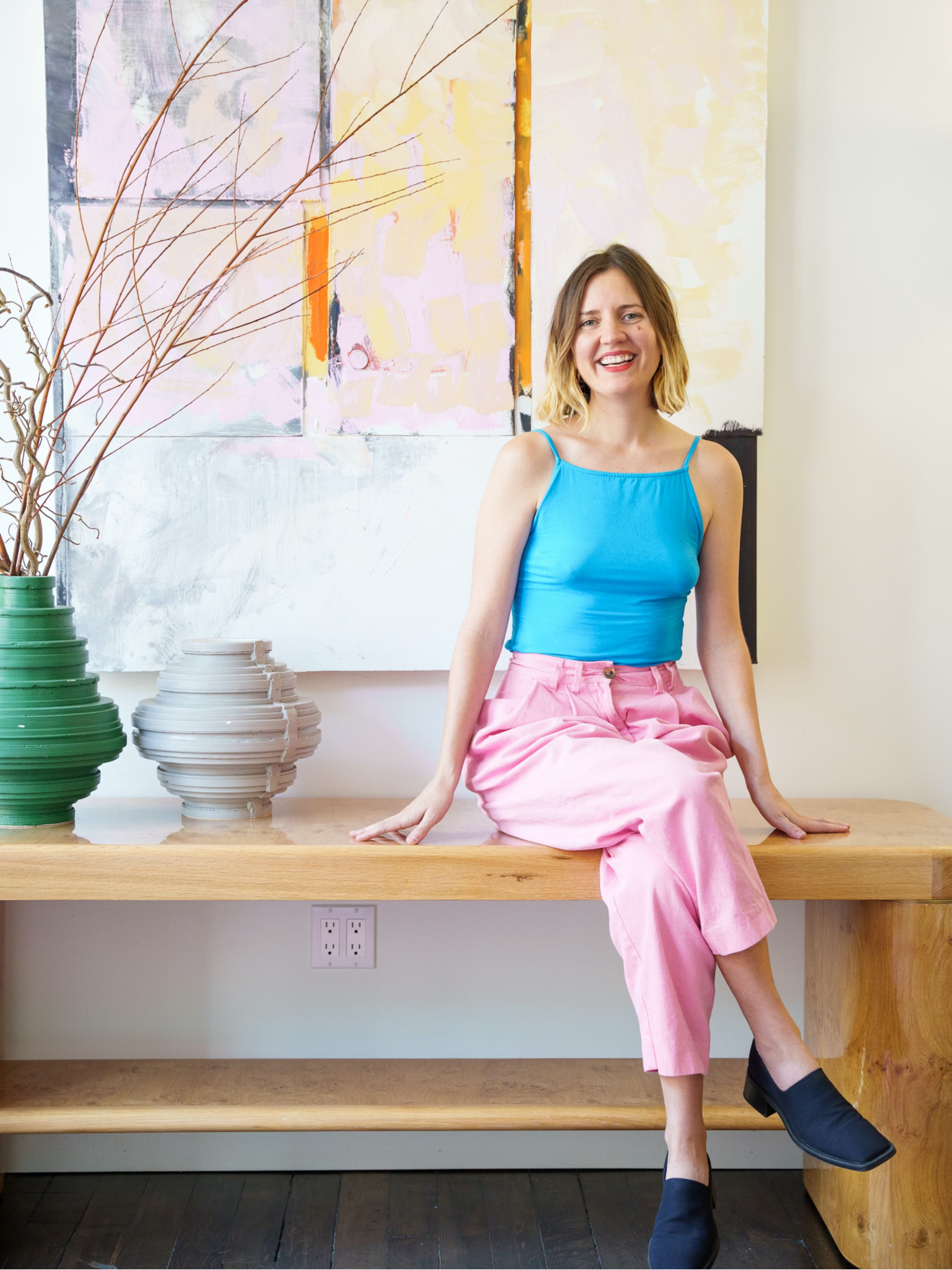
Q. What was your first job?
First internship, still in college, was as a fact checker at NY Mag. I thought I wanted to be a writer. Then I was hired to be The Wall Street Journal mag’s sole fact checker. Tons of responsibility as you can imagine. Plus I was writing for free for like 30 other publications. Like every early-20s person, I was like ‘I don’t know what I want to do.’ I was a little lost.
Q. How did you transition out of it?
This is a good piece of advice, actually: I’m all about finding people you admire, aspire to, and asking them questions. I did that so much in my 20s. I’d reach out saying, ‘Can I take you out to coffee?’ And follow up with a Thank You note and some type of gift. So while at the WSJ I asked this one writer if I could buy her a coffee. When we met, she did such a good job asking probing questions about what I liked. I had minored in film and double majored in Philosophy and Spanish, and we got to her saying: ‘I think you’d love documentary filmmaking. I can make an intro.’ So I landed a job as the production manager for a small company making social-impact documentaries. I sort of nodded my way through the interview. I knew nothing but knew I could figure it out.
Q. Is that where you got your start in crowdfunding?
At the time we shared an office with Morgan Spurlock. During the day I was chipping away at grants, and on nights and weekends helping projects fundraise. Morgan’s team asked if I could help them with a Kickstarter campaign. This was 2012. I was like ‘What’s Kickstarter?’ But I said I could do it, so together we built a page and created a video. And it was a success! So I did that for another documentary and another. And it just grew.
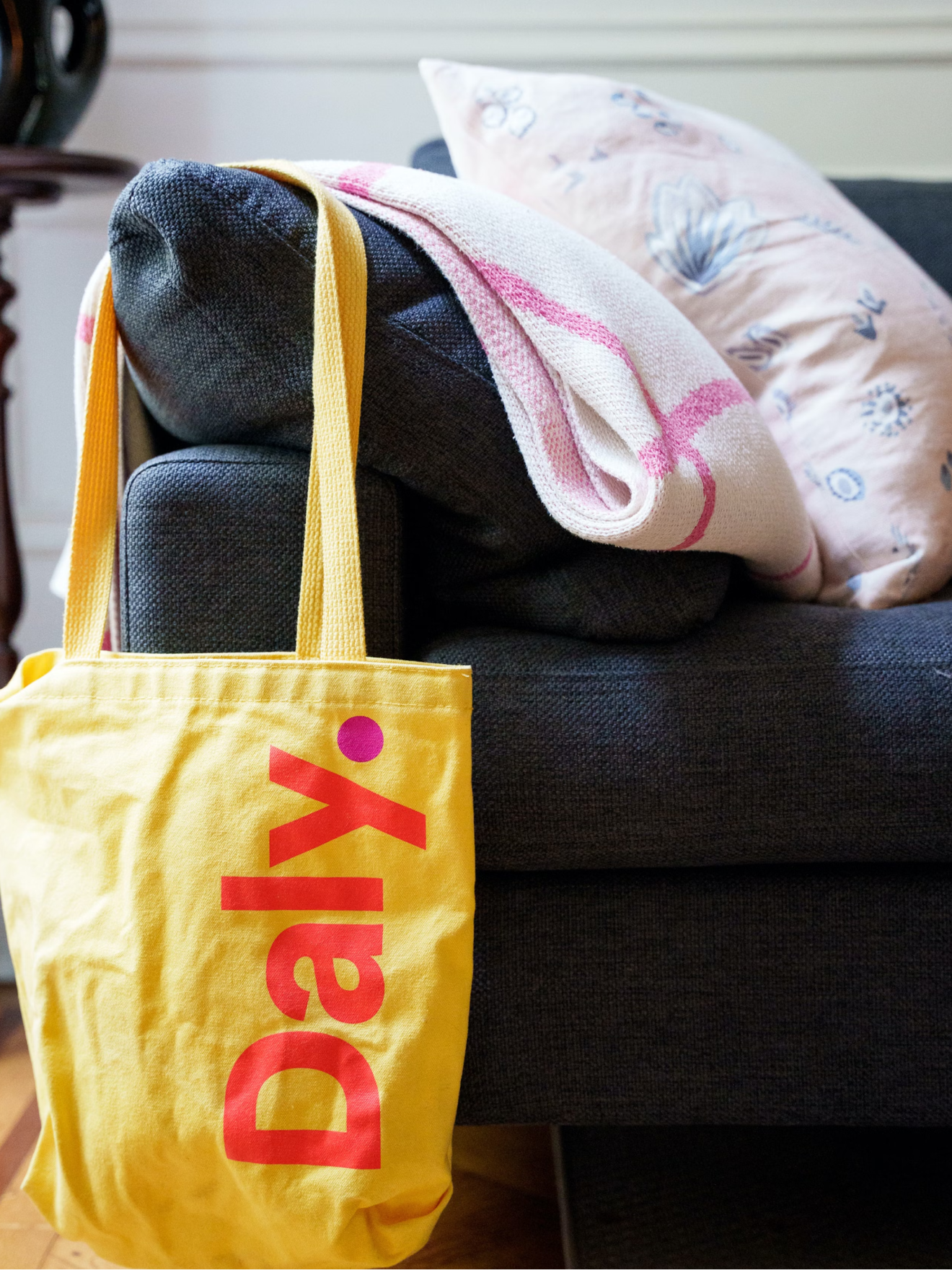
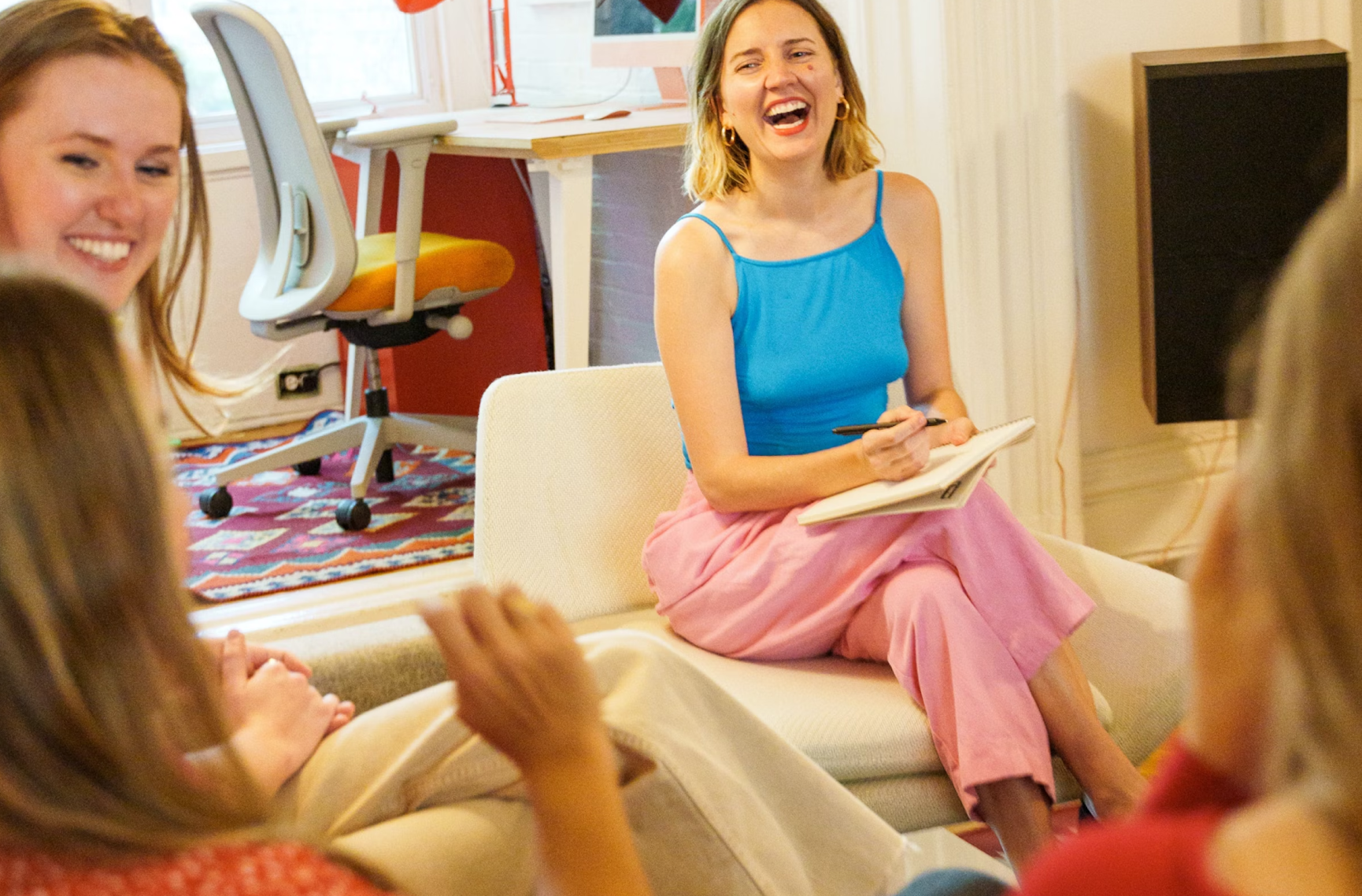
Q. Tell us how you came to be The Crowdsourceress.
People had jokingly been calling me The Crowdsourceress. So I trademarked it, kept doing it, and realized it could be a company. I made a website, got myself a desk at a warehouse in Greenpoint, and wrote a book! [The Crowdsourceress: Get Smart, Get Funded, and Kickstart Your Next Big Idea]
Q. These days you’ve moved away from your Kickstarter background, but we have to ask: Any advice for people looking to launch a campaign?
Find your audience—people who will love the product you’re making because they care. And it doesn’t have to be a massive audience. Find the right journalists to cover. Find influencers to share. Find them on Twitter, on Reddit threads, and tap into them before your campaign launches. All of the important work is done pre-launch: getting a landing page up, getting paid media going to drive sign-ups. If you hit 20% funding in the first 20 hours, there’s an 80% chance of being successful.
Q. How did the move from crowdfunding to PR happen?
The projects I’d helped fund would come back when they were ready to go to market, asking if I could do their PR. Initially, I didn’t love the idea of being a publicist, but then I realized that I could just do the same work I’d always been doing for a longer-term basis.
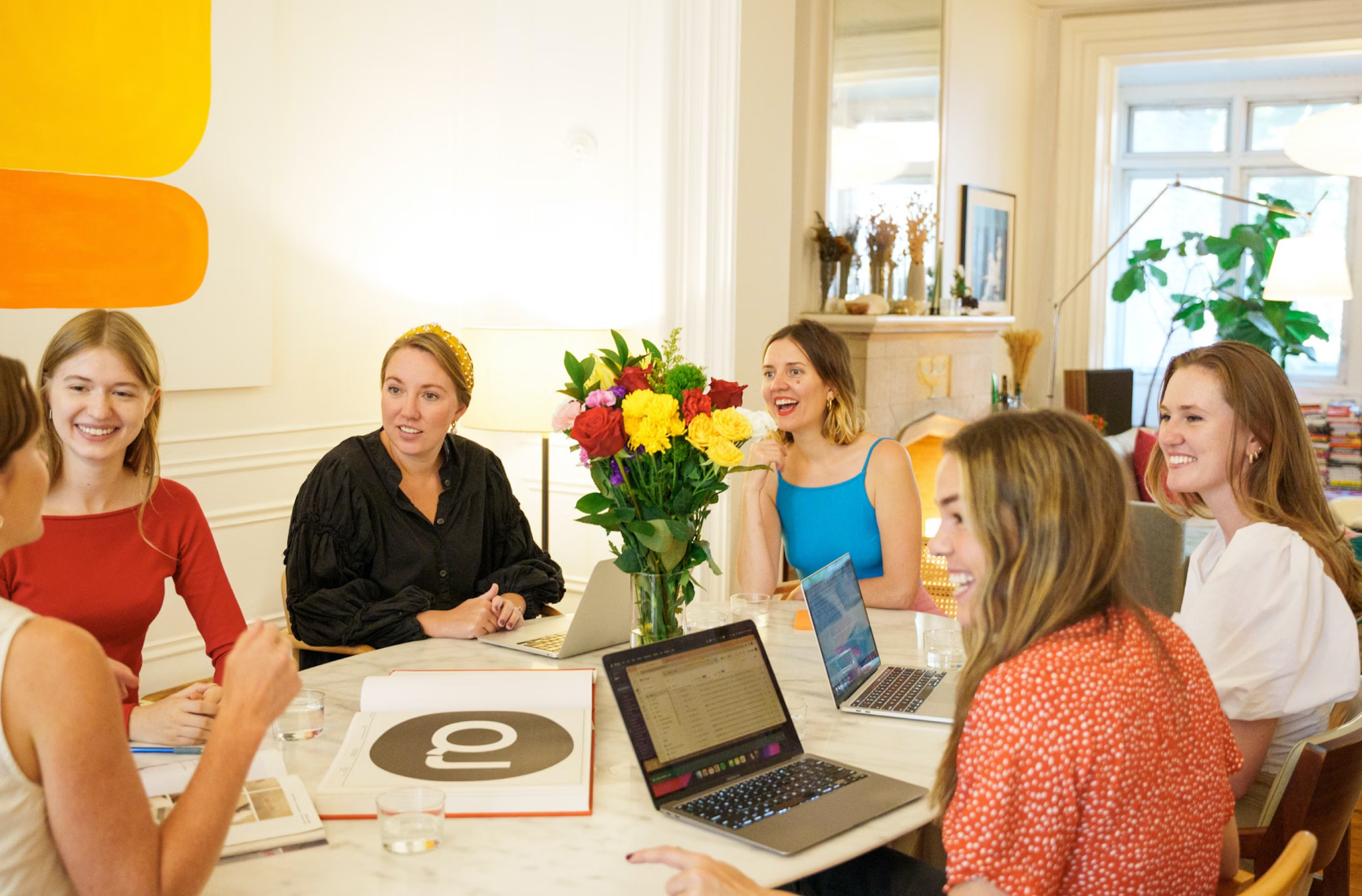
Q. What skills did you possess? What have you had to hire for?
I learned to relinquish control. This is why Daly has had such sustainable growth. I was always in launch mode for Kickstarter—my expertise is in new business and client relations—and I needed to learn how to create more sustained storytelling. That’s why I brought [our managing director and partner] Ally on. She’s our managing director with this incredible PR background, but is also an ops queen and is so good at everything operations and organizational culture. So we created an org chart where we lean into our strengths.
Q. You launched in 2019, how did the pandemic affect your business?
It really taught me the value of resilience. I learned how to be more agile, more flexible. A core value at Daly is pivoting. Daly was only around a year before the pandemic. After it hit, we lost 70% of our clients within a couple weeks. We had to pivot back to crowdfunding. Take on smaller projects. But it put enough money in the bank that we didn’t have to let anybody go. That’s all I cared about.
Q. What’s the main differentiator between Daly and other comms agencies?
We’re a category-agnostic company: Lifestyle, food, beverage, tech—our clients run the gamut. Our team possesses a diverse set of skills and backgrounds across PR and marketing, so we take a holistic approach. This isn’t Samantha Jones PR relying on relationships, who you know. It’s how you pitch, market, sell—a 360-degree approach.
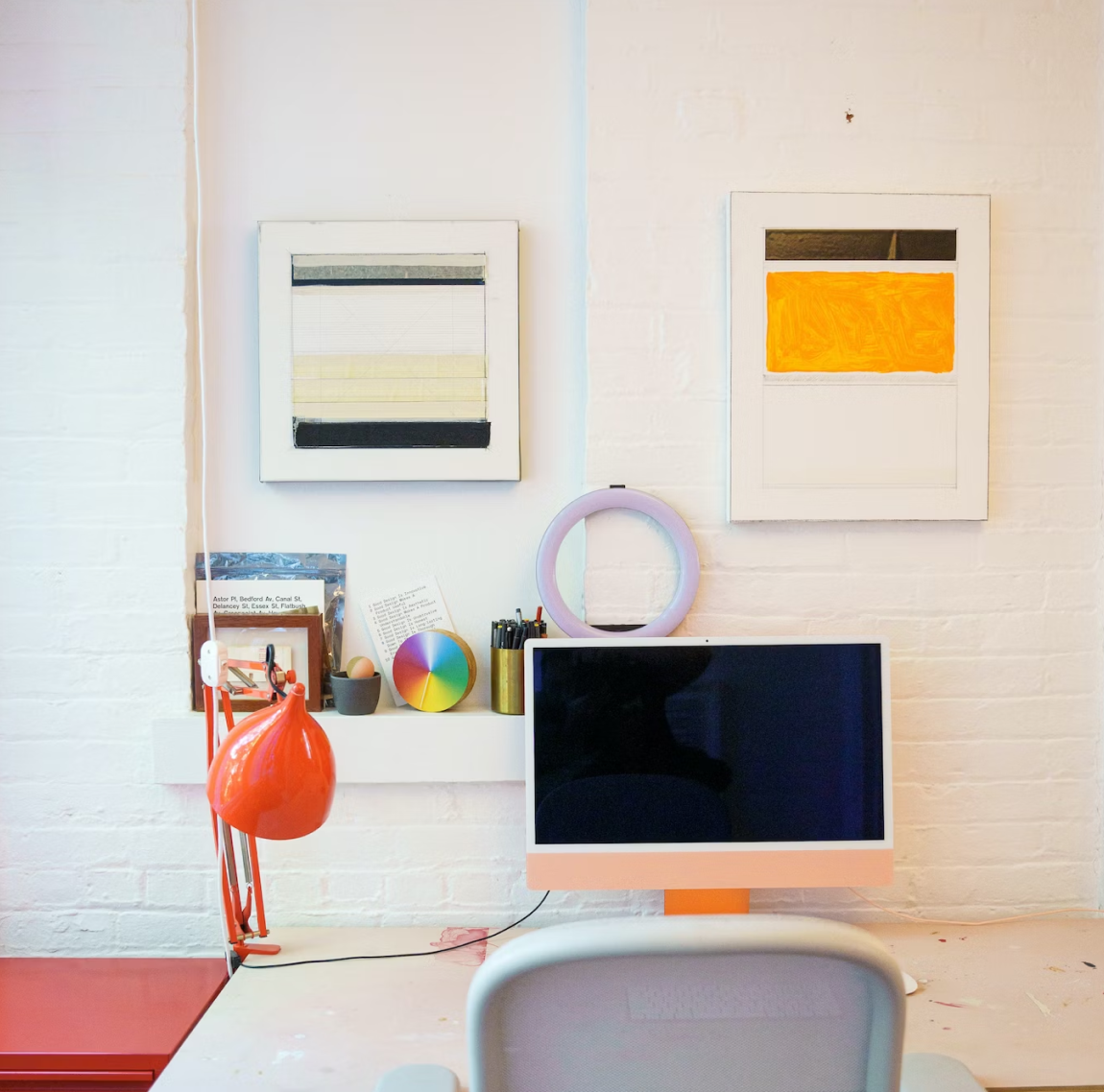
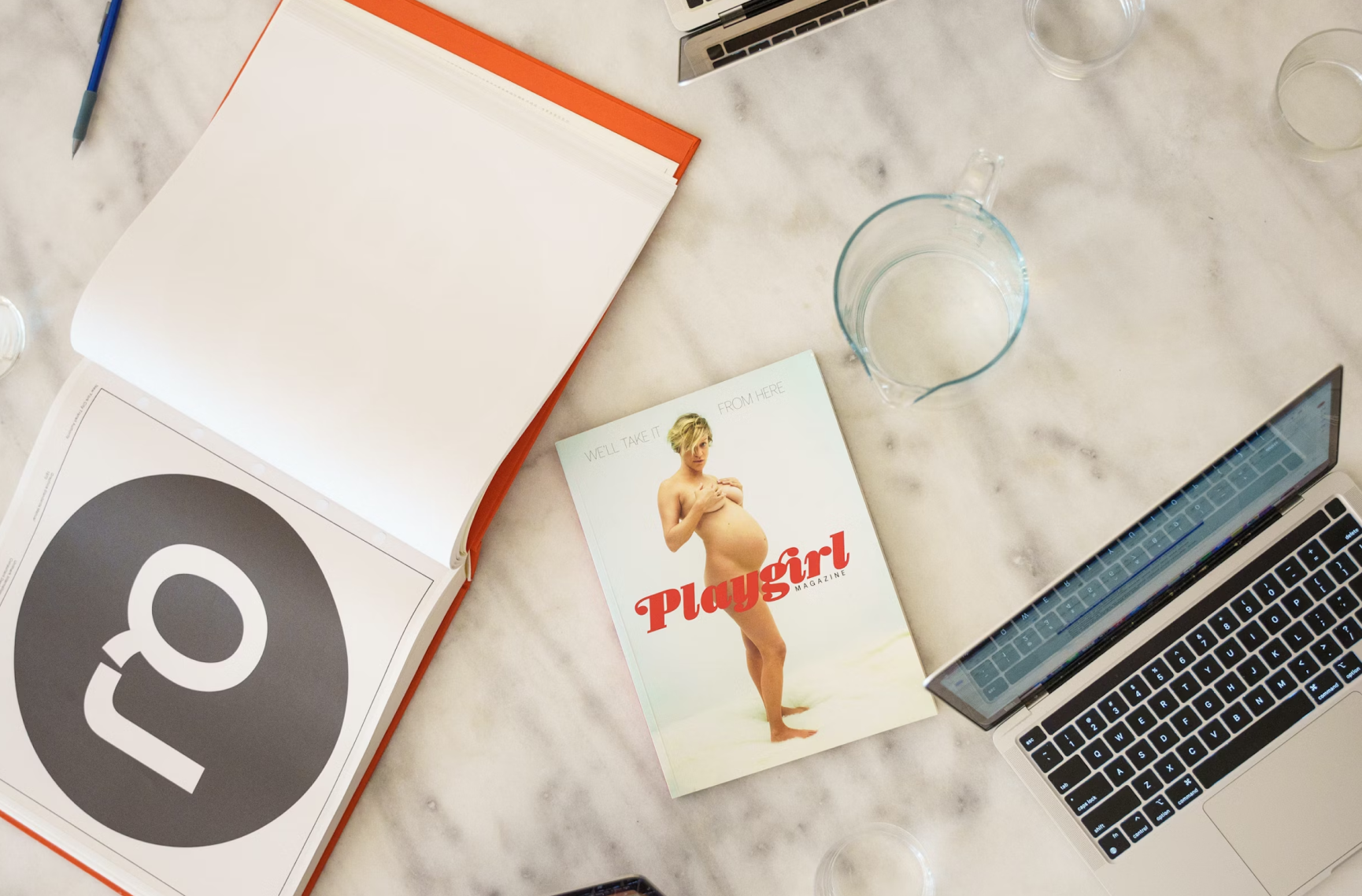
Q. Do you have a PR strategy for yourself?
Ha! We do all this work raising profiles for other people, but we need to start doing that more for ourselves! We do have an exciting editorial arm, The Daly News, where we bring in people who inspire us.
Q. Founders can seem untouchable with regular people thinking “I could never do that.” Can you pull back the veil on how you get it done?
I’m a huge therapy nerd. I was diagnosed with OCD late in life. I was incredibly unhappy and anxious. Having the privilege to focus on my mental health helped everything. It’s been the biggest part of my growth as a person over the past few years. And I took these learnings into my postpartum experience. I did a lot of preparing: Ally was running the show, I upped my therapy sessions, I hired an incredible nanny. I basically built a team for postpartum support because I was worried about it triggering my anxiety and OCD.
Q. Are there any resources for founders and entrepreneurs you’d recommend?
I’m obsessed with Danny Meyer, founder of Union Square Hospitality Group. He talks a lot about enlightened hospitality, which I’ve found you can apply to any type of business you’re running.
Discover more at daly.nyc

